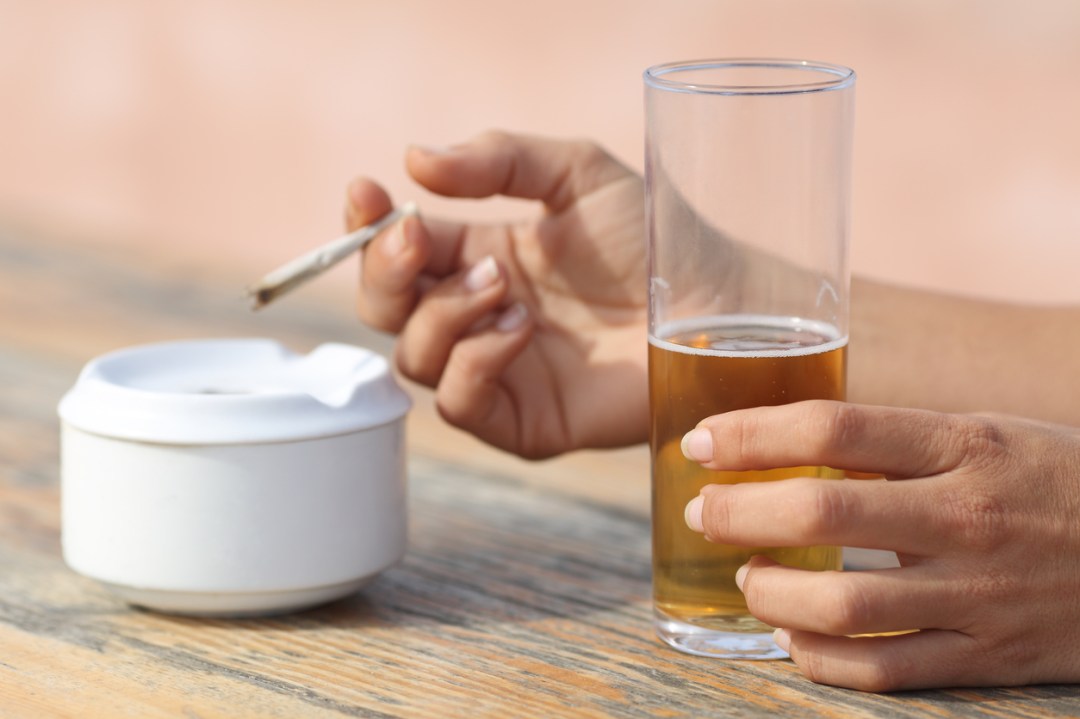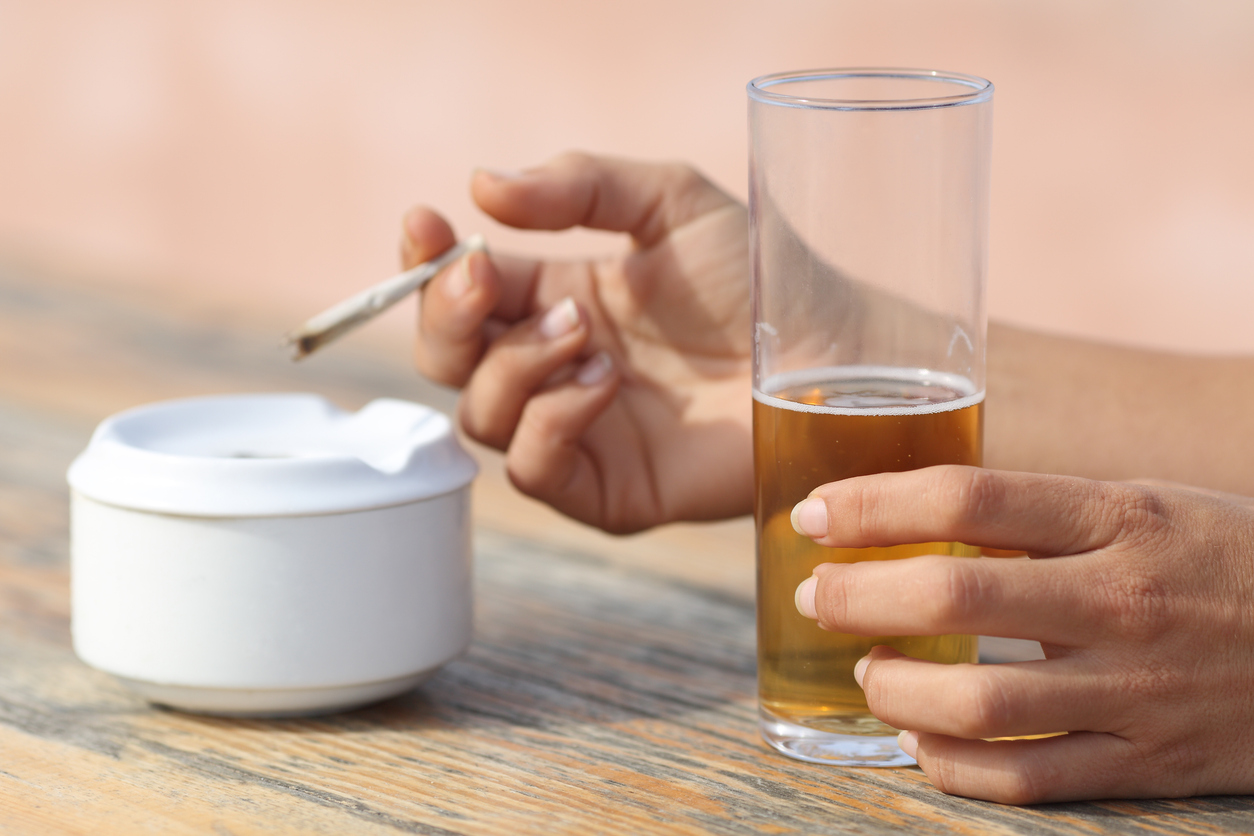Across Europe, Nanny’s influence is growing: there has been a steady erosion of liberty for those of us who like to eat, drink, vape or smoke. Leading the pack in the 2025 Nanny State Index is Turkey where the state’s penchant for control borders on fetishistic, banning vapes outright and taxing alcohol off the scale. Its only saving grace is that so many of its little prohibitions are poorly enforced.
Hot on its heels is Lithuania, where the war on fun is fought with puritanical zeal. Alcohol is a particular target, with the drinking age raised to 20 a few years ago and all advertising banned. E-cigarettes are not outlawed entirely but are saddled with such a ludicrously high tax – €6.30 (£5.30) per bottle – that they might as well be.
Finland, Hungary and Ireland make up the rest of the top five. In Ireland, cigarettes are priced as if they were Fabergé eggs and the state deems its citizens too feeble-minded to navigate a supermarket without state-issued blinkers. ‘Booze curtains’ were introduced in 2020 to shield shoppers’ eyes from bottles of plonk and minimum pricing for alcohol came into force in 2022. Paternalistic Finland has seen slivers of liberalisation in recent years, repealing its tax on sweets and weakening its state monopoly on alcohol. But it still has high scores across the board. Hungary has gone after vaping with the fervour of a medieval inquisitor and has Europe’s most extensive array of food and soft drink taxes.
In seventh place, the United Kingdom registers its highest ranking since 2019. It is bound to go higher once it has introduced its food advertising restrictions and generational tobacco ban later this year, both of which break new ground for nanny state interference. With a sugar tax, plain packaging, a draconian smoking ban and punitive taxes on both alcohol and tobacco, it would already be firmly in the top three, were it not for its relatively liberal treatment of vaping. Sadly, this, too, is in jeopardy.
At the bottom, freer end of the table are Germany and Luxembourg where a vestige of adult autonomy endures. Italy also keeps things relatively sane, with wine and chocolate unmolested by the health police. These countries are a reminder that you don’t need to treat adults like toddlers to keep society ticking over. Things are steadily getting worse for consumers in nearly every country in the Index, but there is an appreciable gulf between the best and the worst.
Yet for all of Nanny’s meddling, there is no difference when you look at health outcomes. The countries with the toughest anti-alcohol policies do not necessarily have lower rates of alcohol consumption; the countries with the most extreme anti-smoking policies do not have fewer smokers. Overall, a higher score in the Nanny State Index does not correlate with longer life expectancy.
So what is the point of all this a creeping despotism cloaked in the rhetoric of ‘public health’? For governments, it is often about money. By far the most popular nanny state policies, as far as politicians are concerned, are sin taxes. It is easier to squeeze money out of people if they believe that it is for their own good. You can always be sure too of the support of the majority if you are taxing a minority.
Unsurprisingly, tobacco duty has been rising across Europe for years and is at eye-watering levels in France, Ireland and the UK. Once vaping emerged on the scene, it did not take long for governments to spot a new source of tax revenue. Twenty of the countries in the Index now have a tax on e-cigarettes, up from eight in 2017. Both the UK and Ireland will soon be following them. Sugar taxes are also on the rise, with eleven countries now taxing soft drinks, including six who tax them regardless of whether they contain sugar.
The costs of such taxes are palpable. The costs of the other policies are not so much financial as existential. Each regulation and each prohibition erodes the individual’s capacity to choose and makes his or her life a bit more miserable. The Nanny State Index shows that this kind of coercive paternalism is a political choice and that the public have nothing to gain from having their lifestyles restricted and stigmatised. So let us raise a defiant glass – while we still can – to the nations that trust their people to pursue happiness in their own way.








Comments